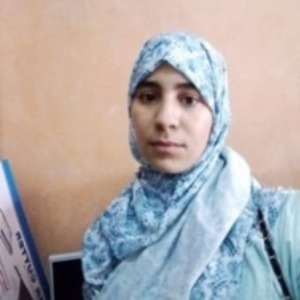Abstract:
Introduction: Assessment of the nutritional status of pediatric cancer patients is crucial for optimizing treatment outcomes and improving survival rates. Malnutrition in these children is common due to factors such as the disease itself, treatment side effects and altered metabolism. The aim of this study is to assess the nutritional status of a sample of children with cancer at the time of their admission to hospital before starting their treatment. This work is part of an international survey conducted by the IAEA
Materials and methods: It is a descriptive cross-sectional study including 54 children aged between 2 and 15 years, diagnosed with lymphoma-type cancer and recruited from the pediatric Hematology-oncology department of the Children's Hospital of ibn Sina University Hospital in Rabat. Assessment of nutritional status at diagnosis is based on anthropometric measurements (Weight; Height; BMI Z-score (BAZ); Height for age Z-score (HAZ)), A socio-demographic questionnaire was administered to determine the characteristics of the studied population.
Result: These are preliminary results. The size of the samples studied is 52 with age ratio 3,72. 57,4% are non-Hodking’s Lymphoma and 42,6% are Hodking’s Lymphoma, following residence area equal repartition is observed with 53,8 in urban area VS 46,2% in rural area, the most of the population has a monthly income between (106 – 300 euro). Nutritional status of the population studied showed that 28,8% are thinness, 7,7% have a severe thinness, 11,5 are stunting and 15,4% are overweight or obese
Conclusion: Malnutrition and growth delay are present from the start of the disease in some cases, which means that management and regular monitoring are required during the treatment phase
Keywords: children with cancer, nutritional status, malnutrition




